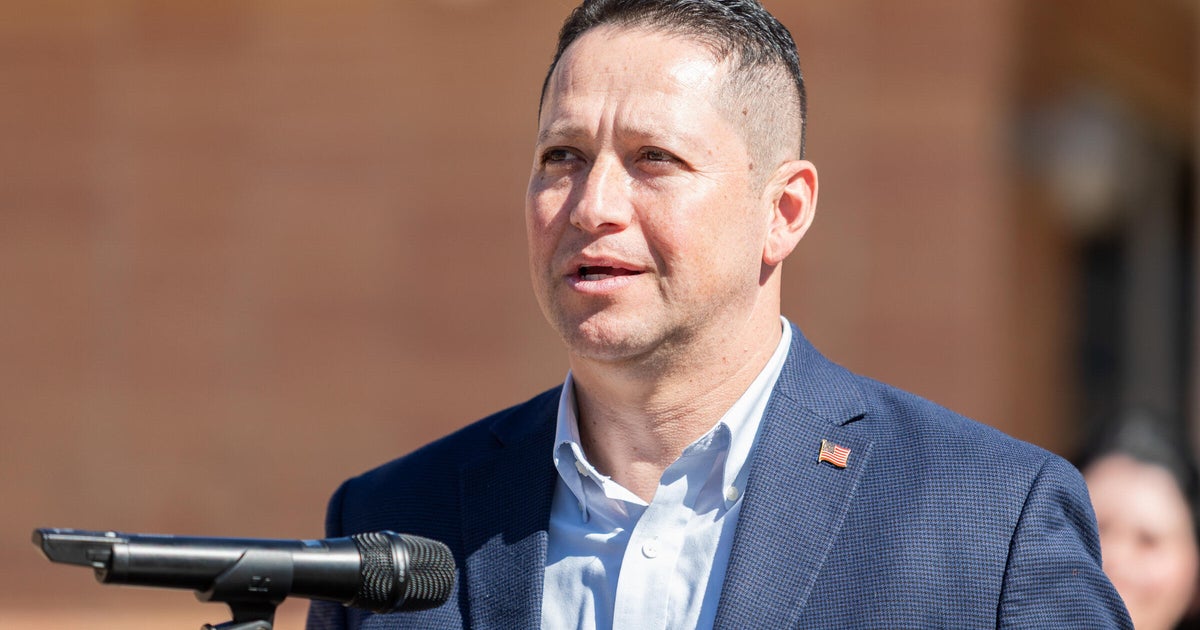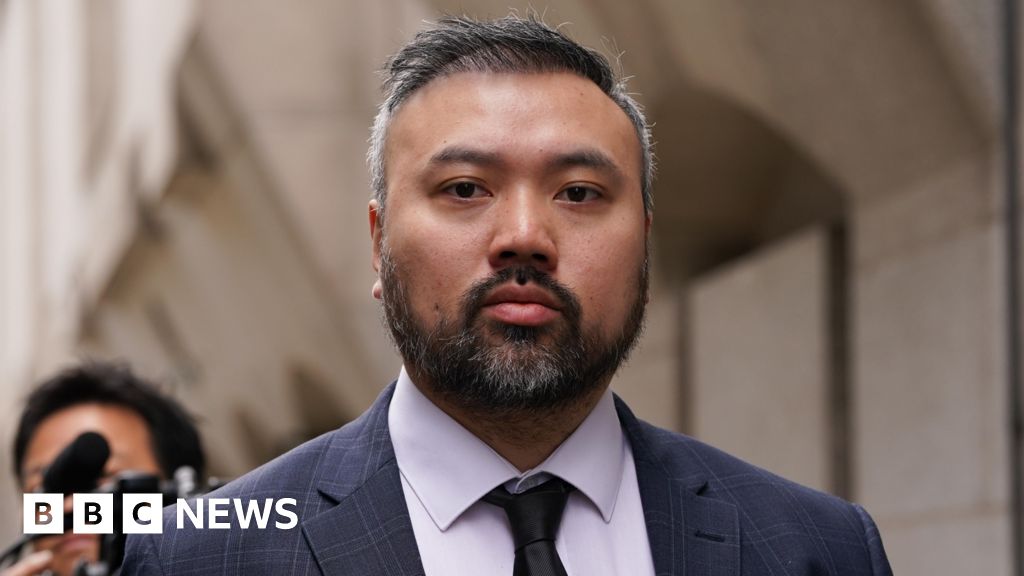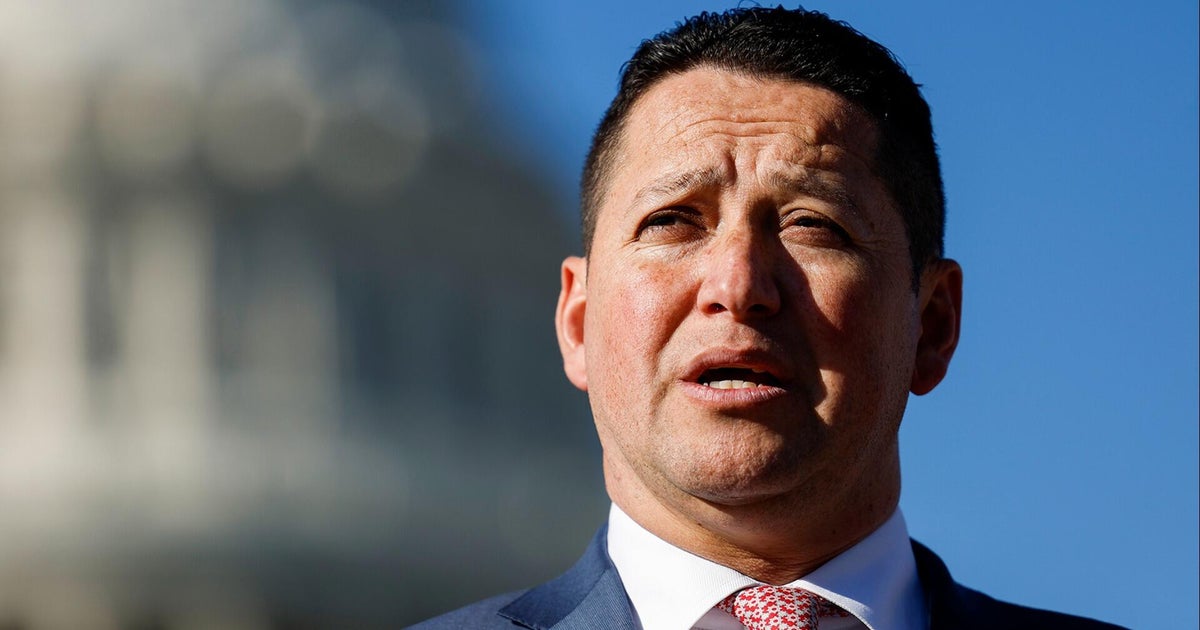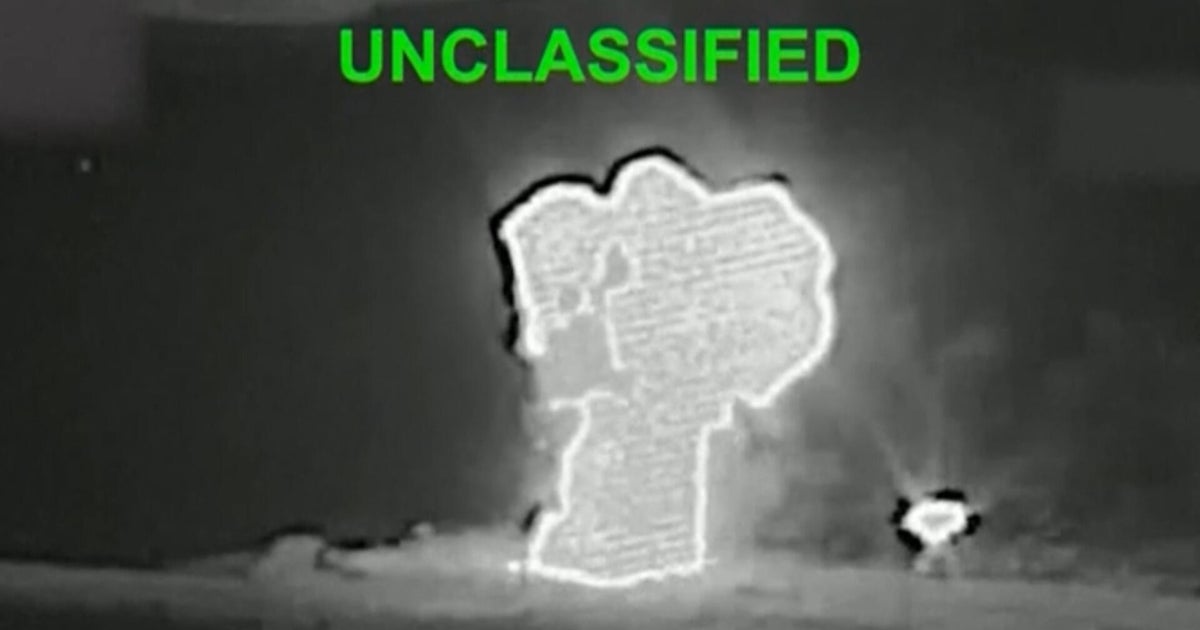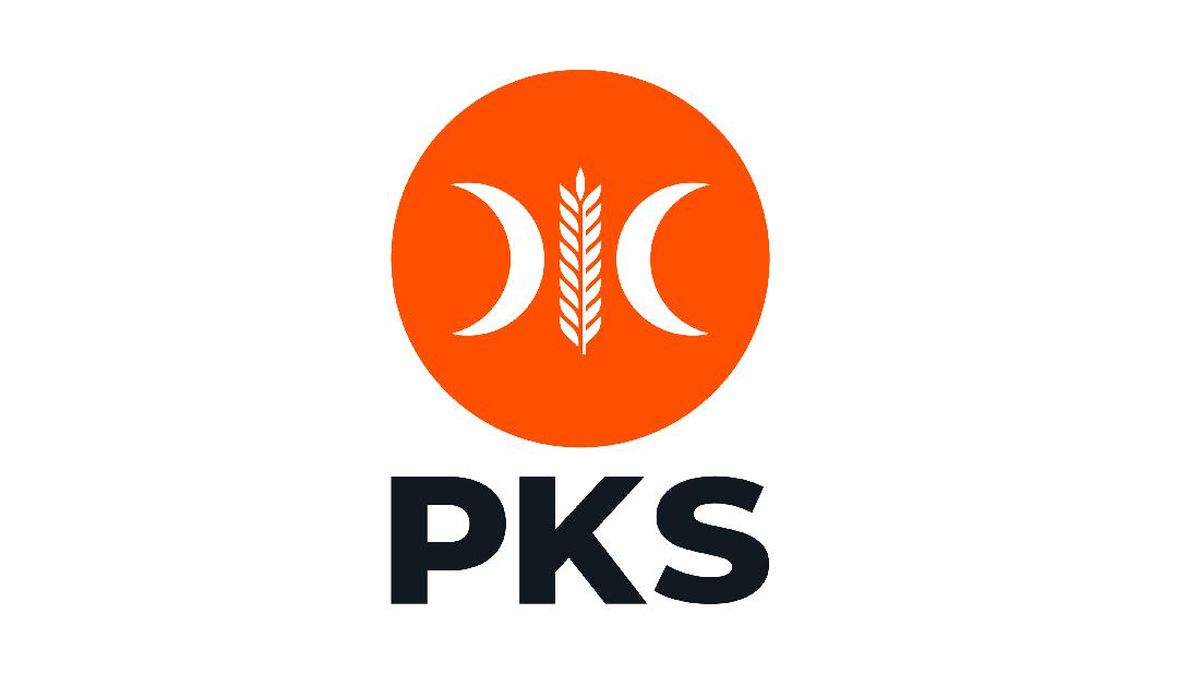With a decade of experience in fashion, creative direction, TV production, artist management and as a radio DJ already under his belt, Derrick Gee was enjoying a solid career out of the limelight. Then, in early 2022, a TikTok trend changed everything.
The challenge was simple: what’s something impressive to a niche audience that means nothing to anyone else?
Gee responded with his own video about his vintage 1976 Klipsch La Scala speakers, which garnered 400,000 views and generated myriad questions in the comments section.
“People were asking me all sorts of different questions, and I started answering them … and the rest is history,” Gee tells me, when I meet him at his Sydney apartment.

Derrick Gee has made a career out of being a self-described “professional music fan”.Credit: Wolter Peeters
That one post was the start of what has become a surprise cult smash for musicians and fans alike.
In 2023, Gee launched the YouTube music show Solid Air. Stars such as Lorde, Jamie xx, MJ Lenderman, Ichiko Aoba and Dominic Maker of Mount Kimbie have all stopped by Gee’s Sydney apartment to play and talk about music on the show.
These days, Gee is a self-described professional music fan with an audience of more than 1.2 million followers across various social media platforms through a blend of sharp music commentary, rare cultural insights and a particular knack for connecting stories to music.
Scroll through his accounts and you’ll find deconstructions of the eclectic influences of dark-jazz crooner King Krule and recommendations of Olivia Newton-John deep cuts, as well as an explanation of how K-pop artist Yves came to have one of the most viral songs in the world.
His efforts even landed him a creator residency at the Elbphilharmonie in Hamburg last year.
When I arrive at his place, he leads me to a light-filled living room I recognise immediately from his videos and points to the now-famous 1976 Klipsch La Scalas in both corners of the room. They retail for about $80,000 each and, notes Gee, are “bigger than dishwashers”.
Gee credits the speakers as catapulting him to global recognition – but none of it was planned.
“I think when people look to me and ask how they can do what I do, it’s really hard to advise them because I came at it from such an innocent place of no ambition,” he says. “I never saw this as a vision for my career to be a content creator, music commentator, tastemaker, pseudo-journalist … ”
Gee offers an antidote to the myriad algorithms quietly corralling us into a musical echo chamber. Without him, I would likely never have discovered Korean new wave or the Filipino club genre budots.

DG in his studio.Credit: Wolter Peeters
Gee describes the domination of streaming as the “tell me what I want to feel today” era, and predicts it will only worsen with AI.
Loading
In fact, it’s already happening. A few weeks ago, Spotify altered its AI policy following accusations it was adding AI-generated music to its editorial playlists to avoid paying royalties (the streamer pays revenues to labels on a percentage basis; more label-free AI-generated tracks flooding the space means less going to the labels). And just a few months before that, The Velvet Sundown gained 900,000 monthly listeners on Spotify before being outed as AI.
“It’s inevitable,” Gee says. “At some point, there will be a hit song that is completely artificial on a major level. What does music mean after that happens? I think there will be a lot of questions. And then when the AI bands get good enough and people are really enjoying it, maybe artists will really have to look in the mirror.”
Alternatively, he says, “someone has to stop it. Maybe it’ll be punk bands on VHS and live shows with no streaming. It could be a marketing thing for artists. ‘This band doesn’t have anything online’ and you can’t listen to it unless you’re with them.”
Such insights offer hope to artists in an increasingly tough market post-pandemic shutdowns – live music venues and festivals alike are struggling with costs and falling attendance. Last year’s Splendour in the Grass was cancelled, and this year’s event was also cut, with little chance of it returning.
“I believe music fans desire story more than headliners; they require an opinion and a good curation” Gee says.
“Many people go to Glastonbury regardless of the line-up. I can’t tell you that there is one festival in Australia where people do that. I don’t know if the Australian music industry is doing anything wrong, but I do think that a lot of the industry loves to blame each other for underperforming.”
Although he is now very visible, Gee has been in the ears of music fans in the know for many years.
He launched his community radio show Finetooth Radio in 2012. It quickly took off, culminating in residencies on the highly respected NTS Radio from 2016 to 2020 and North American satellite network SiriusXM from 2021 to 2023. On the latter, he also launched the country’s first 24/7 Asian-focused radio station, 88rising Radio, through his work with the record label of the same name.
He now broadcasts Solid Air from a tiny room in his apartment that backs onto his kitchen. When he invites me into his studio, it’s more chaotic than I imagined. I’ve subscribed to his Patreon for months now, but I never envisaged wall-mounted tripods, a stack of monitors in the corner, a DJ controller, a turntable and multiple microphones fit for different purposes.
While his work is music journalism adjacent, he’s never considered himself anything but a radio host. But his work clearly does have an influence.
“After I talked about budots online, I saw articles written about it in every single music publication. But I don’t care. I didn’t invent the genre, you know? I just contextualised it. I can tell a story, wrap it up and present it to the world, and people learn something.
“People look at me and they’re like, ‘What is this new thing?’ But it’s the same thing. I just like finding music and playing it for people. It’s not a format that hasn’t existed before, but the only difference is that thing right there,” Gee says, pointing at the camera.
Solid Air is not simply an interview show;it’s a “play for play” format – “you play me what you like, and I play you what I like”.
It’s why artists want to speak to him, and why music lovers are flocking to his live shows, with one in Melbourne on November 20. An earlier show this month in Sydney sold out in days, forcing him to add a matinee session.
“I’m not sure I’ve necessarily ‘created’ something, but it’s not a live podcast, it’s not a live conversation, it’s not a comedy show, it’s not a gig or a DJ set,” Gee says.
“It’s kind of like a variety show that brings a community together to enjoy the totality of music – the listening experience of it, the cultural and societal impacts of it, the opinion of it, the entertainment of it, the levity of it, the seriousness of it.
“But you have to trust me. You just have to. Otherwise, people will be like, ‘What the f--- am I turning up to? It’s a guy who likes music?’
“A lot of people have paid money without knowing much more, but I’m really proud of it and I think it’s a new form of entertainment that will grow, because of algorithms, AI and everything else.”
Derrick Gee’s Radio Hour, Northcote Theatre, Melbourne, November 20





